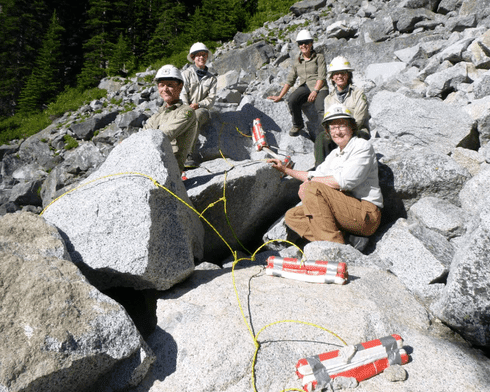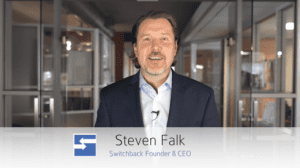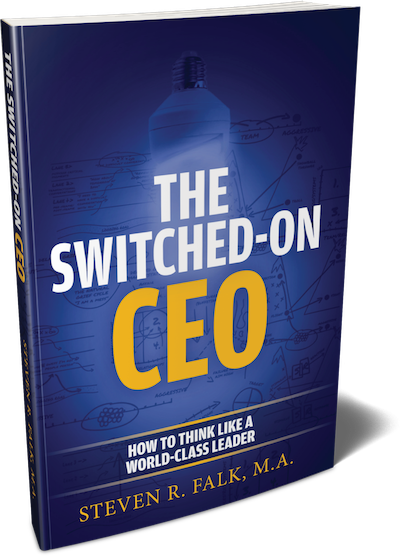Think and STAY IN YOUR BODY
Deb Davis: Career Forest

Good day:
Once a month we are gathering folks for a ZOOM think tank: Switchback Innovation TEAM meeting. The foundational question we are fascinated with is: “How do large organizations like the US Forest Service shift/transform their culture through “slow burn / grass roots” movements?” The shift is focused towards: teamwork, peer support, physical and psychological safety and essentially a world class culture that attracts and retains an engaged workforce.
If you are intrigued and would like to join our Innovation TEAM just reply to this email. Our next ZOOM gathering is Sept 28th 2022.
At our last Innovation meeting Deb Davis, a career, back country trails expert emailed me some of her thoughts. I asked for her permission to re-post in the GOLD Letters. Without edits here we go…
Hi Steven,
The advice I would give to the agency and anyone, short-term and long-term:
1. SLOW DOWN. What is reasonable for humans to accomplish? Days haven’t gotten longer, but our list of expectations has. Speeding up the pace of life—professional and personal–doesn’t seem to make anyone happier.
2. FOCUS. Doing more than one thing at a time means that I don’t do any of them well. When I drop “into the zone” my anxiety decreases and my productivity and creativity increases.
3. MINDFULNESS/ATTENTION. Similar to focus but expands outward to include more of the physical environment, other people, and “situational awareness”. I can imagine the consequences of my actions and speech, empathize, and be more self-aware.
4. RE-OCCUPY THE BODY. Most of the time we exist from the neck up, especially as we are more distracted by our electronic devices. What happens when we attend to what’s below the neck? What does that tension in our shoulders mean? That tightness in our throat, the queasiness in the belly? What happens when we walk out on a trail, open our senses to the world, turn off our discursive thoughts, and respond to the world as a physical creature?

Balance is a moving target, just like life. And we always have a choice. When we feel compelled to work a lot, we need to look at the X’s in our brain and figure out what makes us tick–in my case an overdeveloped sense of responsibility. Since the painful excavation of that X, I am working on letting go of my need to carry more than my share.
An observation – I’ve done trail maintenance and construction for over 30 years. In working with crews and a new crop of new seasonal employees every few years, I’ve noticed that attention is not what it used to be. People walk right by trail problems that we have trained them to repair. It’s as if they don’t see. Maybe they are used to hiking as recreationists. I know that it takes time to develop the eye, but we keep trying to train and correct them. Perhaps it’s generational and digital devices really have changed people’s attention and perception. My way of looking at the world was formed during the last century, so I can’t begin to comprehend—I’ve only used a cell phone for about 8 years.
A story – I’m the only Forest Service certified blaster on my forest. At the end of June I travelled to a neighbouring district to do a multi-day trail blasting project. We gathered at the work site and spent a couple days blowing up big rocks that were obstructing the trail. At the end of each day, we’d hike back to our camp to cook supper and build a fire. Even though we had limited cell phone service, we sat around the fire talking and telling stories and laughing. It was such a great time and we felt connected.
From my years as a wildland firefighter and fire support worker, I’ve learned to give thorough briefings and ask if people want to debrief. Even if I hear criticism about myself as a leader, I want to know so I can do better. Working with explosives is not inherently dangerous, but the consequences are horrible if something does go wrong. I want people to feel safe, even if it’s their first time.
I believe in the power of storytelling—to teach, to entertain, and to heal. Stories cross generations. Stories can unlock trauma. Stories are powerful.
Deb
Steven Falk

P.S. Don’t forget, People Can Change and The Power of Success is in TEAM

